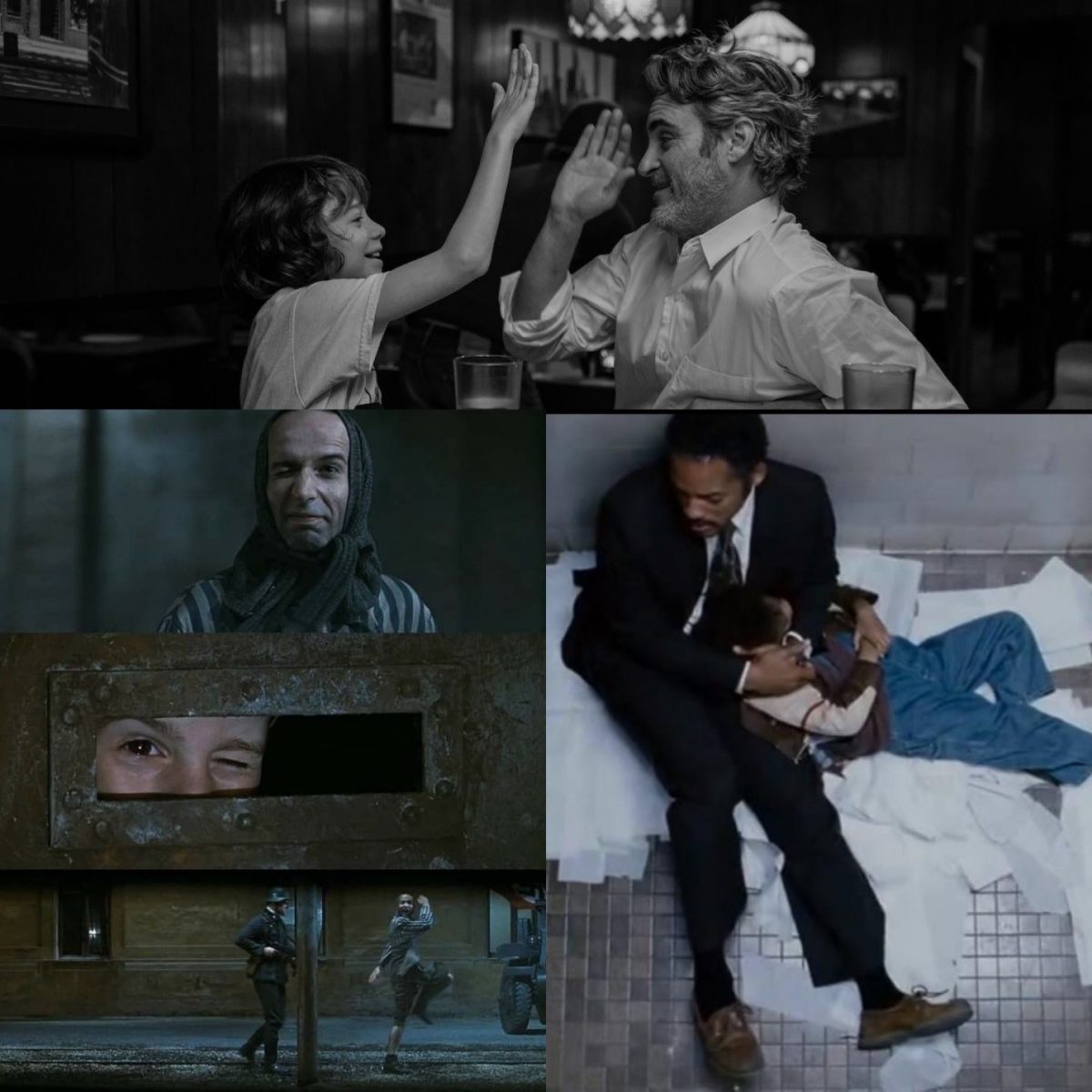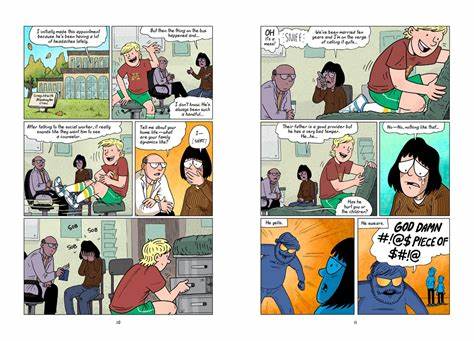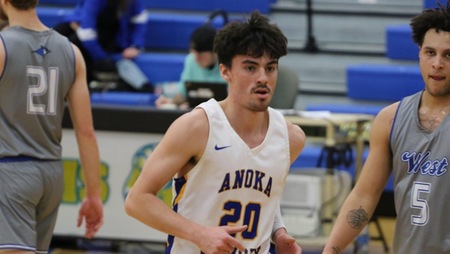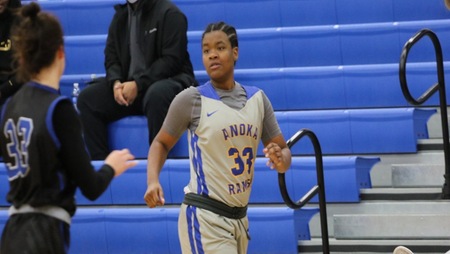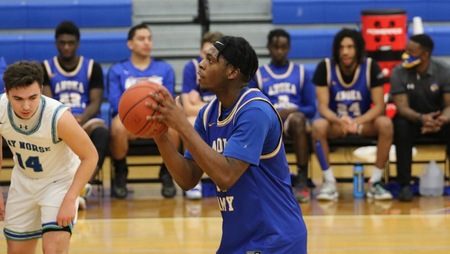Do all students check their campus e-mails?
Elise Nikolic
Campus Eye Staff
There are 8,049 students at ARCC; 8,049 students all have a campus e-mail. Campus e-mail is known as the number one form of communication on the Internet however, not all students check their campus e-mail.
The staff at Anoka-Ramsey all have different ways of communicating with their students. Chemistry professor Kelly Befus believes emails serve a purpose, but D2L helps, “I avoid e-mails, because some students don’t know how to manage their accounts or some students receive a lot of spam.”
ARCC has evolved with technology over the last decade. “We now require using Anoka-Ramsey campus e-mail, because you can’t have five different systems of communicating to the students it is too hard to keep track of,” said Befus.
Although every student is required to have a campus e-mail, that does not mean every student looks at their e-mail faithfully. “Email is technically the official form of communication. When I send someone specific information about their grade that I can’t post on D2L, and they don’t check it; it is very frustrating,” said Befus.
English Professor Kathryn Kysar experiences the frustration of students not answering their email as well. “There is some responsibility on the students part, students spend a lot of money to go here and if the campus can flex (by making campus e-mails free) to fit the students, then the students need to flex,” said Kysar.
Kysar, like Befus uses D2L a lot more than e-mail. “I conduct all of my business through D2L, we (Creative Writing students) set up a D2L discussion using e-mail, but we have a hard time communicating with students,” said Kysar
Online full time student Nathaniel Delaire looks at his e-mails once every two days and he communicates more through D2L. “They (Anoka Ramsey) should make the whole thing (campus email) so it is easier, and so then I don’t have to log in to Wi-Fi, or have the same login for everything,” said Delaire. Delaire said that he “doesn’t get many e-mails,” and the e-mails he does receive don’t interest him or are spam.
Staff at ARCC said that e-mail as of right now serves a purpose, for individual communication, “E-mail is private enough. Twitter (and other social networks) are not private. Landlines are going away, I don’t foresee it changing, landlines cost money, but e-mail is virtually free,” said Befus.


